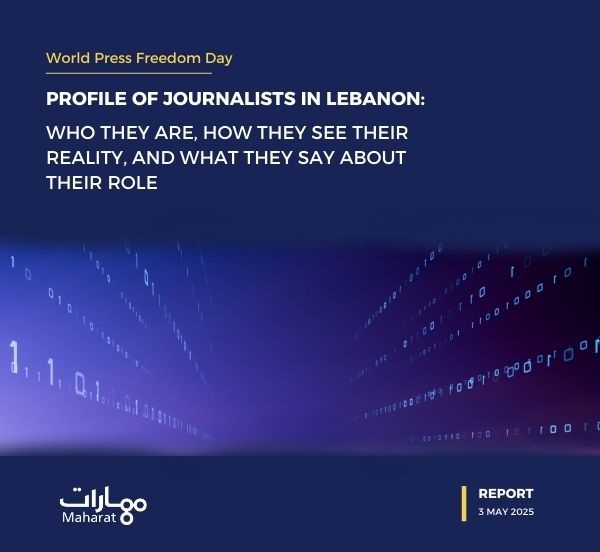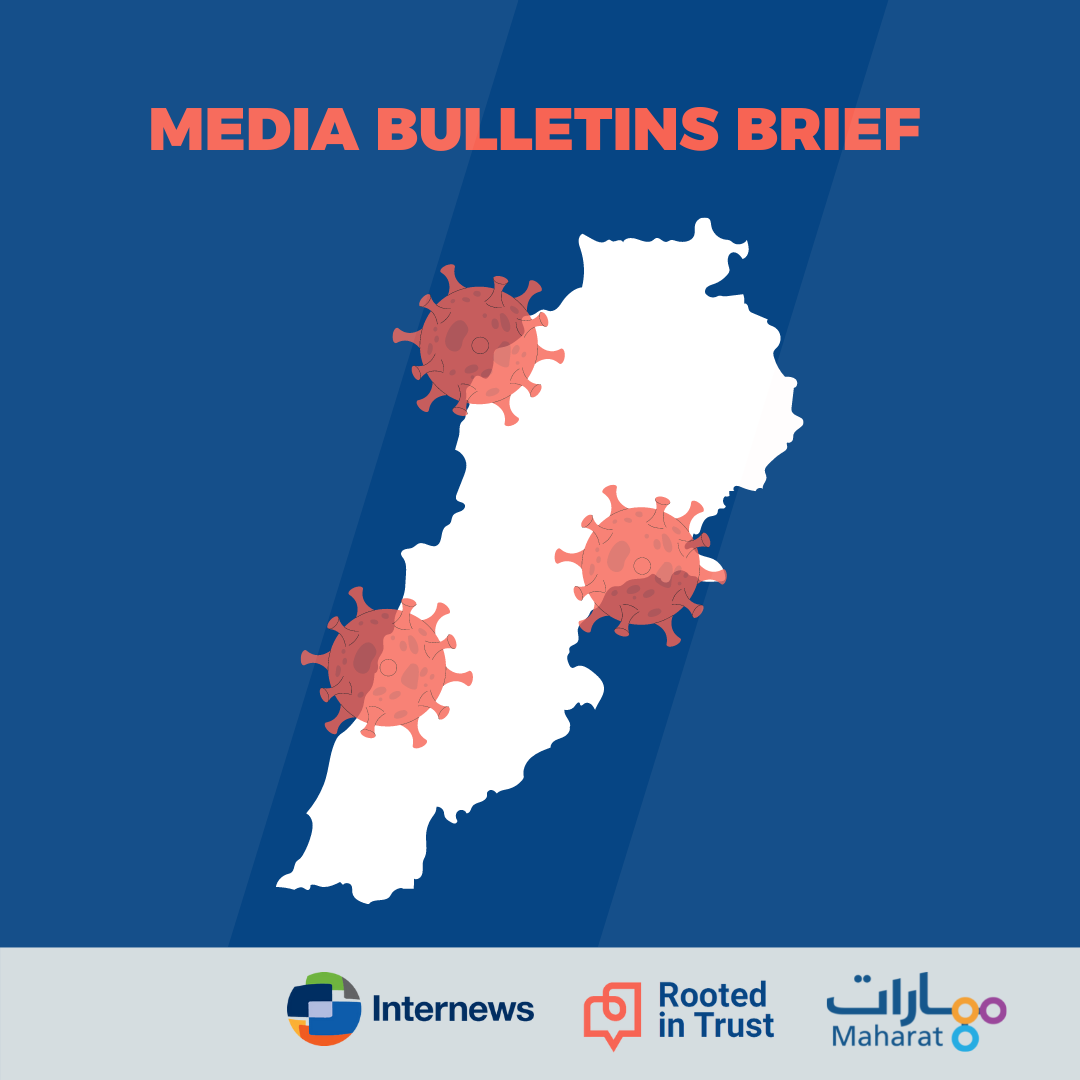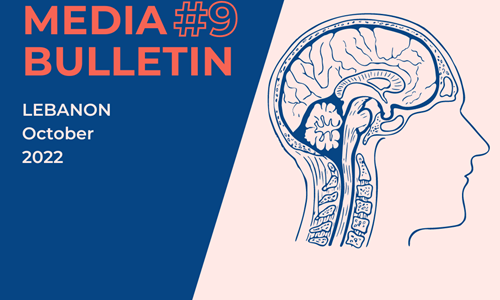
Profile of Journalists in Lebanon: Who They Are, How They See Their Reality, and What They Say About Their Role
Every year on May 3, the world celebrates World Press Freedom Day as an occasion to assess the state of journalism and to express solidarity with journalists who face pressure and violations while defending the public’s right to know.
This year, the day comes amid an extraordinary and difficult year for Lebanon’s media sector. In late 2023, journalists in Lebanon found themselves at the heart of a war that directly targeted them, endangering their safety and resulting in the deaths of 11 journalists while carrying out their professional duties.
War, however, was not the only burden weighing on journalists. Longstanding challenges persisted, including deep economic and social crises and relentless efforts to fulfill an oversight role in highly sensitive matters such as reforms, anti-corruption, and financial transparency. These challenges played out in a media environment saturated with disinformation and rumors, threatening reform efforts and complicating the pursuit of truth.
In addition, the media sector in Lebanon—like elsewhere in the world—is undergoing rapid transformations driven by technological developments and artificial intelligence. These shifts are taking place in a difficult economic context that endangers the sustainability of media institutions and the job security of media workers, raising existential questions about the future of journalism and the role of journalists in the digital age.
Against this backdrop, Maharat Foundation launched a survey to gather journalists' perspectives on their professional, economic, and watchdog roles and to analyze their vision for the future of journalism amid the many challenges they face. This report seeks to highlight the realities journalists face on their international day, serving as a critical step toward understanding the profession and working to improve its conditions.
Key Findings of the Report
- The professional safety environment remains fragile and lacks any institutional or legal protection, leaving journalists exposed to violence and risk, without training, insurance, or accountability mechanisms.
- Meanwhile, Lebanese newsrooms are witnessing scattered individual efforts to adapt to digital transformation, but in the absence of institutional frameworks, technology shifts from being an enabling tool to becoming an added burden.
- Despite this, journalists in Lebanon still believe in their oversight role. However, this belief is undermined by a fragmented political and media landscape, unenforced legislation, and a fragile professional structure that hinders their ability to confront propaganda and disinformation.
- Regarding working conditions: journalists often operate under verbal agreements, experience wage disparities, suffer from weak union representation, and live in constant fear of arbitrary dismissal. Journalism in Lebanon thus resembles an individual risk rather than a protected profession.
As such, this report serves as a call to restore the value of press freedom, not as a celebratory slogan, but as a collective responsibility that requires the protection of journalists’ lives and professional dignity, and the empowerment of their vital role in serving truth and democracy.
To read the full report: Profile of Journalists in Lebanon: Who They Are, How They See Their Reality, and What They Say About Their Role





